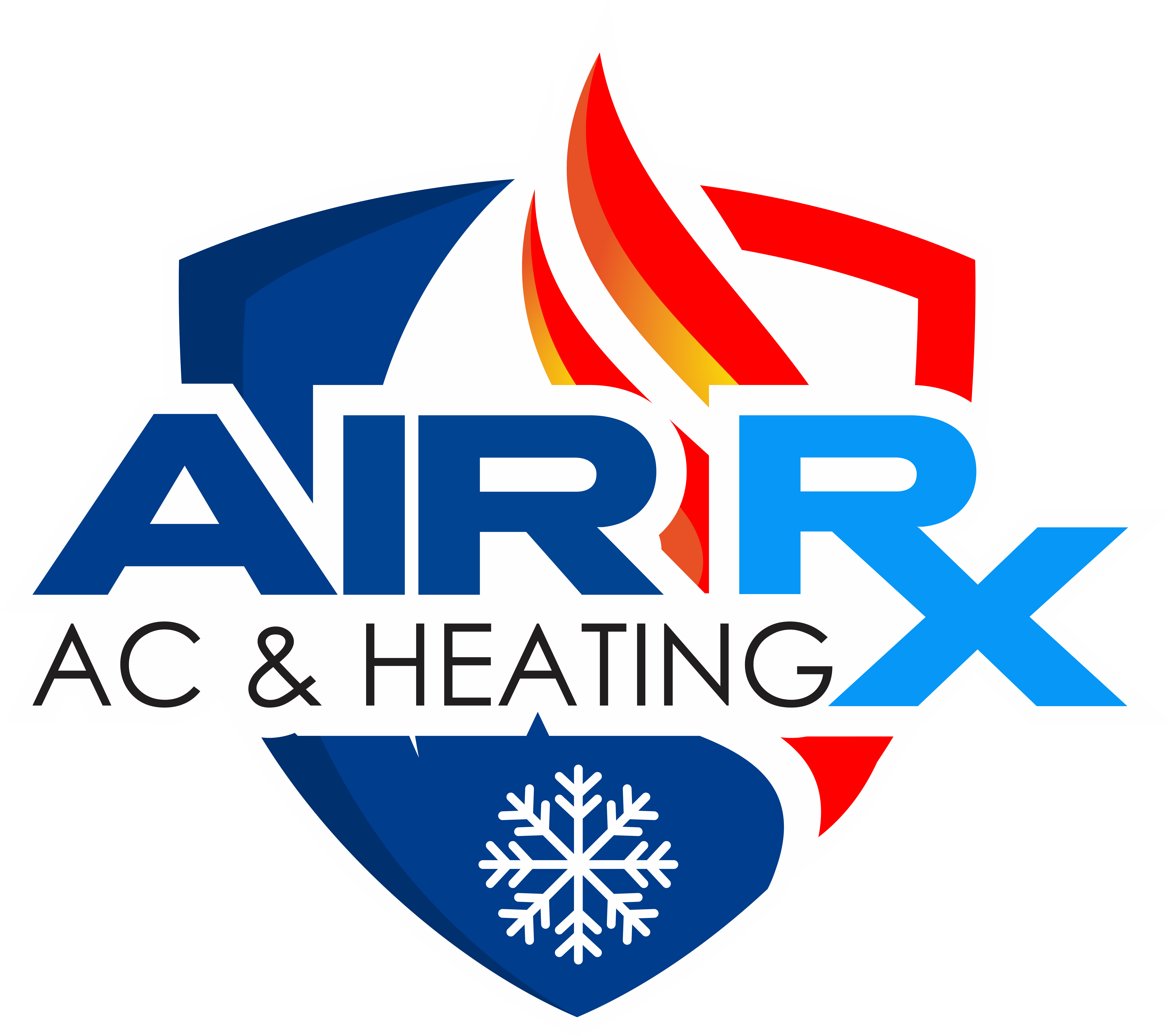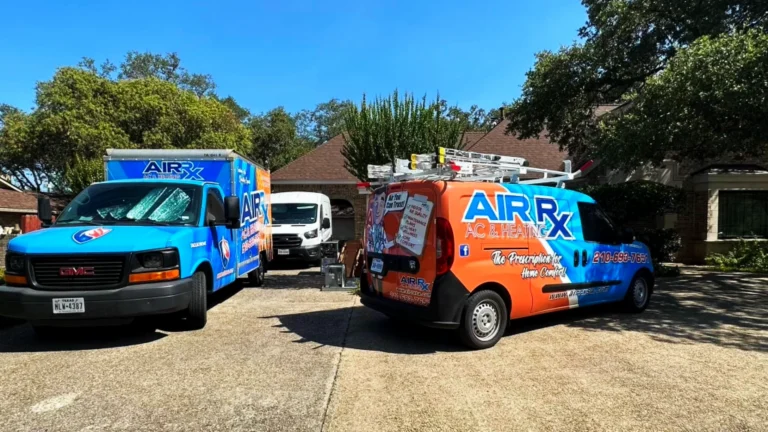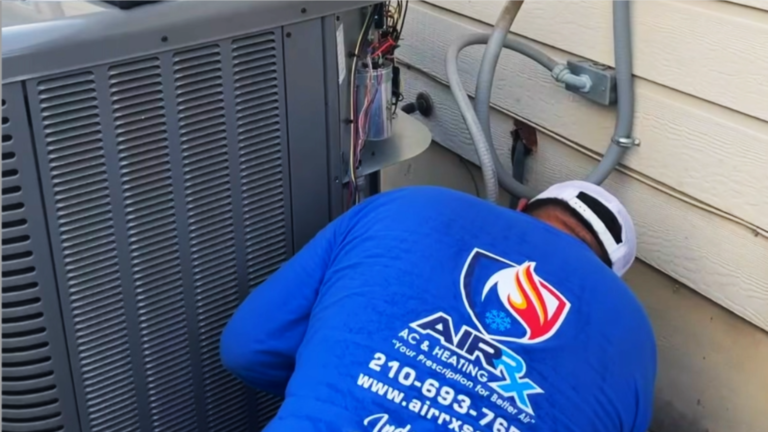The HVAC system is the unsung hero of our homes, quietly ensuring our comfort through sweltering summers and chilly winters. But when it starts to falter, homeowners face a common dilemma: repair or replace?
Recognizing the Signs:
- Age of the System: Most HVAC systems have a lifespan of 10-15 years. If yours is approaching or has surpassed this age, it might be more cost-effective to replace rather than repair.
- Frequent Repairs: If you’re calling in technicians more often than you’d like, it could be a sign that your system is on its last legs.
- Rising Energy Bills: Older systems tend to be less efficient, leading to higher energy consumption and steeper bills.
- Inconsistent Temperatures: Experiencing hot or cold spots in different areas of your home? Your HVAC might be struggling to distribute air effectively.
Decreased Air Quality: If you’ve noticed an increase in dust or a musty smell, it might be a sign that the HVAC system isn’t filtering air as effectively as it used to.
The Benefits of Replacement:
- Efficiency: Modern HVAC systems are designed with energy efficiency in mind, translating to savings on your monthly bills.
- Advanced Features: From smart thermostats to zoning capabilities, new systems offer features that enhance comfort and convenience.
- Warranty: New systems come with warranties, giving you peace of mind and protection against unforeseen repair costs.
- Improved Air Quality: Modern systems often have better filtration, reducing allergens and pollutants in your home.
The True Cost of Repairs:
Recent studies have shown that homeowners who opt for repeated repairs over a 5-year period might end up paying more than 50% of the cost of a new HVAC system, without enjoying the benefits of modern, efficient units.
Moreover, older systems, particularly those using R-22 refrigerant (commonly known as Freon), are not only less efficient but also environmentally less friendly. The production of R-22 has been phased out due to its ozone-depleting properties.
Embracing Modern HVAC Systems:
Today’s HVAC systems are technological marvels compared to their counterparts from a decade ago. They’re designed with energy efficiency at the forefront, often resulting in monthly energy savings of up to 20%.
Beyond cost savings, newer systems are also quieter, more effective in controlling indoor humidity, and often come with smart features allowing homeowners to adjust settings remotely or even predict when maintenance is due.
Environmental and Health Impacts:
“Modern HVAC systems are not just about comfort and savings,” says Dr. Linda Patel, an environmental scientist. “They play a pivotal role in reducing a household’s carbon footprint and ensuring a healthier indoor environment by filtering out common pollutants and allergens.
Final Thoughts:
For homeowners grappling with the repair vs. replace debate, it’s essential to think long-term. Consider not just the immediate costs, but also the long-term savings, the environmental impact, and, most importantly, the comfort of your family.
Your Trusted Partner in Home Comfort:
Navigating the HVAC landscape can be challenging. But you don’t have to do it alone. With decades of experience and a commitment to San Antonio residents, Air Rx AC & Heating stands ready to guide you. Whether you’re considering an upgrade or need expert advice on your current system, we’re here to ensure your home remains the haven of comfort it’s meant to be.
📞 Reach out to Air Rx AC & Heating — where your comfort is our priority.


